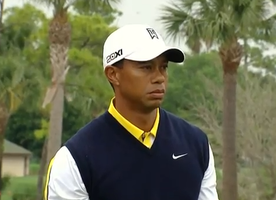 In the past decade, “mental toughness” has become a hot topic among researchers, sport psychologists, and coaches alike. Prior to the influx of research on the subject much of what was known about mental toughness was based on anecdotal reports and disseminated predominantly through the popular media. The result was a diverse selection of definitions and explanations of mental toughness that largely included an assortment of beneficial psychological characteristics (e.g., self-confidence, insensitivity to criticism) and mental skills (e.g., arousal regulation, visualization). The conceptual confusion created from this lack of consistency and understanding resulted in numerous beneficial psychological characteristics being incorrectly labelled as mental toughness, particularly as they were based on authors’ opinions rather than empirical research. Everything from resilience to focus control appeared to capture mental toughness at one point or another. As a result, most athletes still do not know where to begin in their self-assessment of mental toughness, and most discussions I have around the topic with coaches still settle on the question, “what is mental toughness?” Encouragingly, the latest empirical research by Dr Daniel Gucciardi and colleagues on mental toughness has tightened the definition and condensed its defining attributes to just six priority factors. Mental toughness encapsulates an individual’s capacity to produce consistently high levels of performance or goal attainment despite everyday challenges and significant adversities. The six core components to have emerged across the available research and appear to capture the essence of the current state of affairs are as follows: Now that you are aware of the six core attributes of mental toughness, you can better direct your self-assessment. Before you begin profiling, first consider this common misconception about mental toughness. You Either Have It, Or You Don’t! (Not So!) The most prominent mistake most coaches and athletes make when profiling mental toughness is categorizing an athlete as either mentally tough, or not, with no in between! However, mental toughness is not an all or nothing concept. In fact, athletes demonstrate mental toughness qualities in varying degrees which can also fluctuate depending on an athlete’s life climate at certain points in time. You simply do not lose mental toughness or become mentally tough at one point in time. The best athletes demonstrate multiple attributes of mental toughness in strong apparent ways on and off the course. An assessment of the six core attributes of mental toughness in a player dominating the tour at a point in time, will likely demonstrate a strong expression of all six factors in their game. When players are not performing to their potential or seem to be in a slump, they show a regression of these qualities in action. You can see this regression in their actions on and off the course, the thoughts they express about their game, or in their approach to the game. In line with the view that mental toughness is NOT an all or nothing concept, Pro-Tour Golf College Directors David Milne and Lawrie Montague share some key examples of mental toughness in action on the tour: “For any player to achieve any kind of success at the very top level they have to possess the first four attributes (success mind-set, optimism, self-efficacy, and emotional control) no exceptions.” 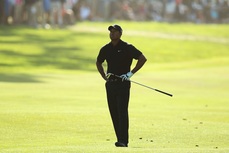 “If we look at specific examples, a player like Tiger pre 2009 was the best in all categories and probably struggles with the attributes of attention regulation and knowledge.”  “Sergio Garcia is an interesting player who has all the elements but for some reason not all at the same time. Element three (Optimism) is an area that he struggles with at times.”  If we look at examples of top players that demonstrate a regression in the expression of the six key elements of mental toughness, In David’s view, Anthony Kim comes to mind. “Kim was a top ten player until 2010, but speculation of a party life style and multiple injuries have derailed is career.” When a player shows a strong success mind-set their pathway thinking or action plan for the future protects athletes from appealing diversions and discipline and focus remains high in the face of common distractions. Unsuspecting events like injury or illness can rock a player’s self-efficacy, mind-set, and general optimistic outlook on their career. Such experiences can act as “triggers” that lead to a decline in a player’s expression or use of certain mental toughness attributes, resulting in a drop in performance.  In an important closing reflection, David Milne says, “it is extremely unusual for a player to have all 6 elements of mental toughness all the time but most of the top players get them all lined up for short periods (4-6 weeks) and that’s when they are in contention each week which lead to their occasional wins. Henrik Stenson at the moment is in one of those periods.” Profiling my mental toughness attributes:
Get to know your triggers!
Like all elements of your game, even your mental toughness requires conditioning. You must work hard to build and maintain these qualities in action on and off the course. Dr Jay-Lee Longbottom For more detail on the latest mental toughness research by Dr Gucciardi and colleagues visit: www.danielgucciardi.com.au/ Comments are closed.
|
Archives
June 2019
|
Proudly Supported By
Copyright © 2011 - 2018 Pro Tour Golf College
Website Managed By Golf Performance Media
All Rights Reserved
Website Managed By Golf Performance Media
All Rights Reserved

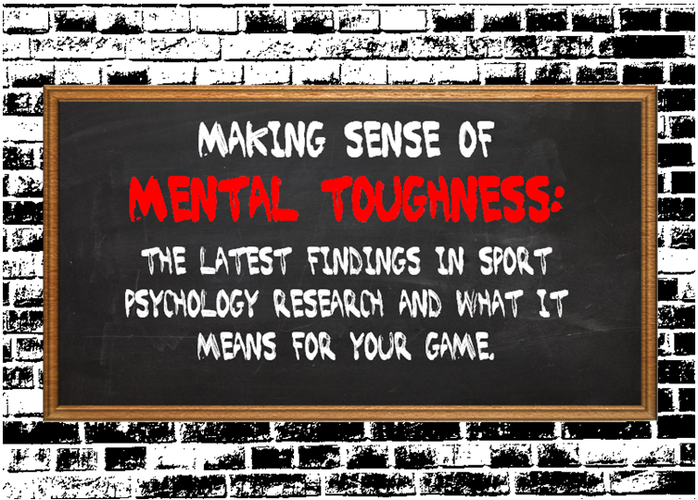
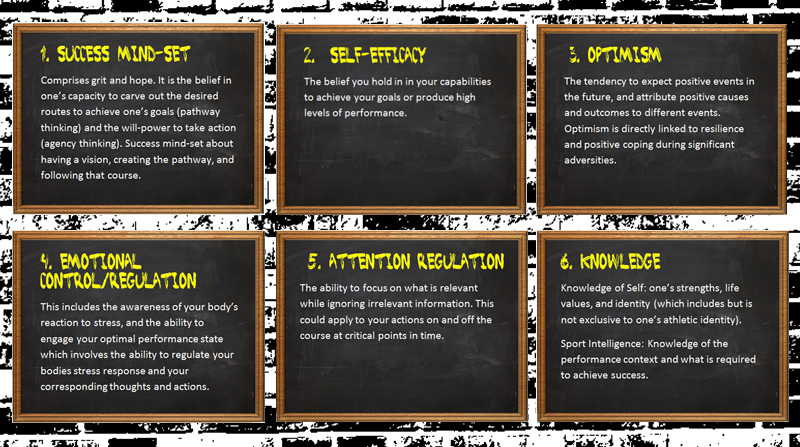

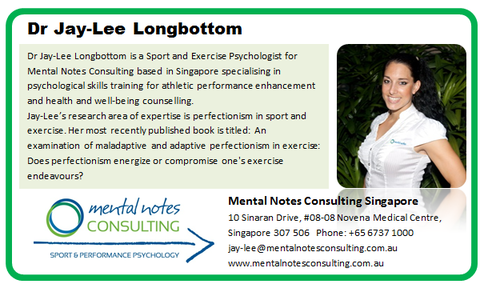
 RSS Feed
RSS Feed



